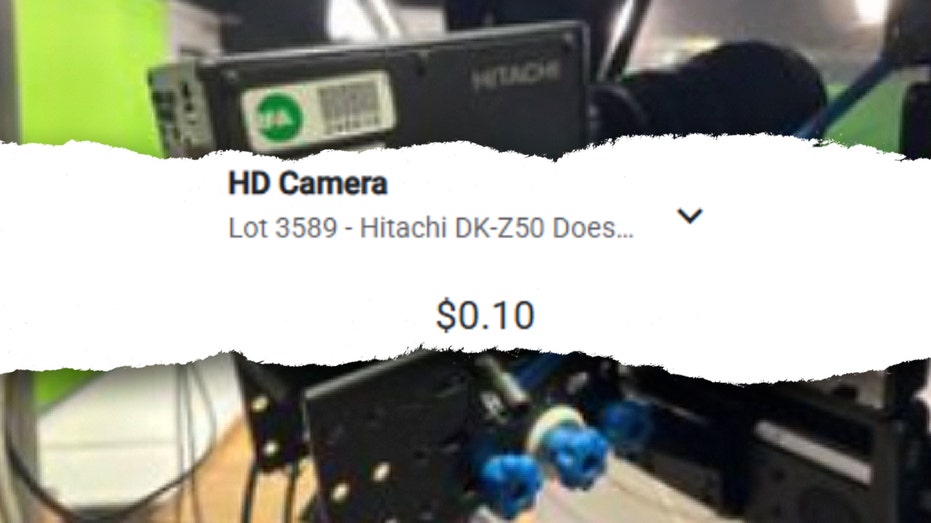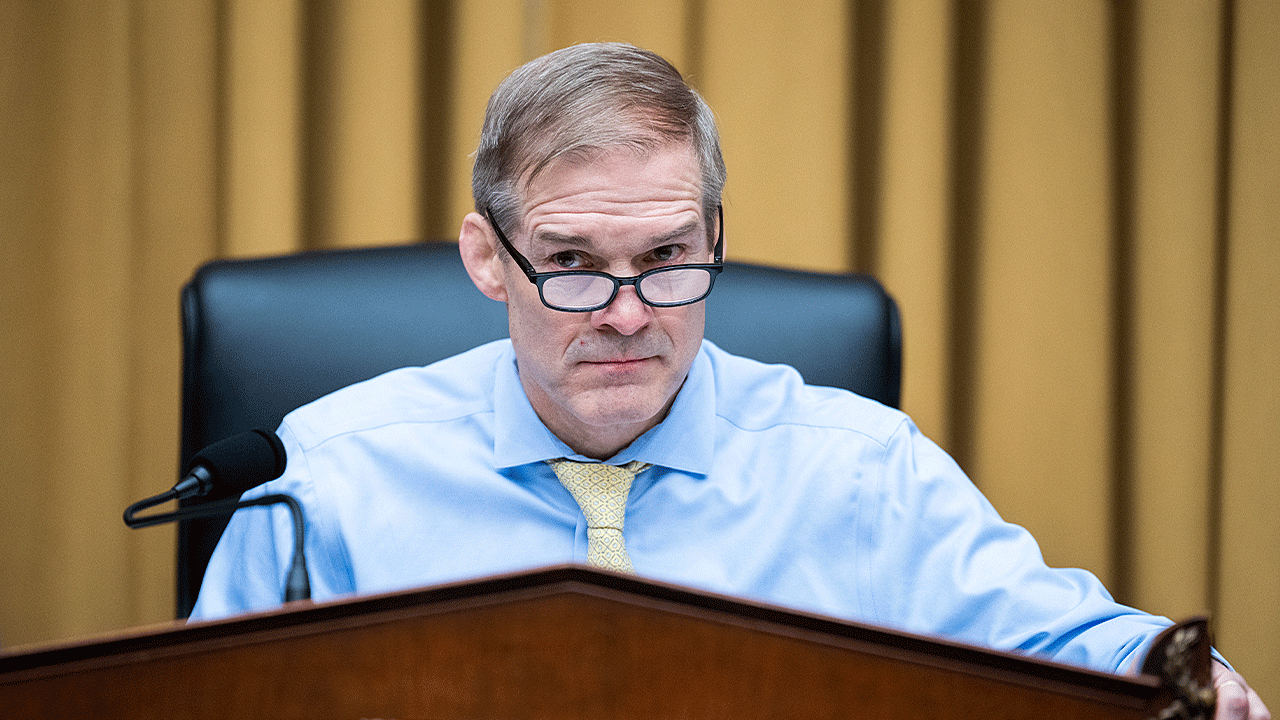A publicly funded news organization, tasked with delivering vital information to Asia, quietly began dismantling its operations in a shocking display of financial maneuvering. While its website went dark, a different kind of activity was unfolding – a massive liquidation of assets on a public auction site.
Radio Free Asia (RFA), receiving approximately $60 million annually from American taxpayers, claimed a temporary funding lapse due to a government shutdown forced its hand. But the scale of the sell-off revealed a far more unsettling picture than simple budgetary constraints.
High-definition cameras, once used to capture crucial stories, were listed for less than a dollar. Professional lenses, capable of delivering stunning clarity, appeared for under a dollar. Even office refrigerators were being offered for a mere twenty cents.
Over a thousand pieces of equipment, branded with the RFA logo, were offered at what amounted to fire-sale prices. The auction sparked immediate outrage, raising questions about the organization’s priorities and its respect for the funds entrusted to it.
Congressman Darrell Issa, a vocal advocate for restoring RFA’s funding, condemned the auction as a “betrayal to American taxpayers.” He described the situation as an act of “belligerence,” suggesting the liquidation was motivated by spite rather than necessity.
RFA initially attributed the drastic measures to previous budget cuts enacted by the Trump administration, coupled with the impact of the government shutdown. They argued that shedding unused equipment was a responsible step towards ensuring long-term viability.
The organization insisted that this downsizing allowed them to retain key personnel and maintain their ability to report on critical issues, holding authoritarian governments accountable. Their plan, they stated, was to rebuild once funding was restored by Congress.
However, these claims were swiftly and forcefully refuted by Kari Lake, Deputy Executive at the U.S. Agency for Global Media, the body overseeing RFA. She asserted that RFA had received every penny allocated to them, dismissing their explanations as untrue.
Lake expressed her outrage at the auction prices, calling the sale of an HD camera for eighty cents a “slap in the face” to taxpayers. She demanded a full accounting of the situation, announcing an immediate audit of RFA’s operations.
In a stern letter to RFA, Lake made it clear that the asset liquidation would not be tolerated. She instructed the organization to prepare for a team of auditors to investigate the circumstances surrounding the auction, citing the terms of their grant agreement.
Despite the controversy, RFA reiterated its hope to resume news operations if Congress reinstates its funding. They maintain they possess sufficient equipment to continue their work, should the financial support materialize.




![COPS TARGETED: School Official & Brother BUSTED in Shocking Attack Plot! [VIDEO]](https://www.thegatewaypundit.com/wp-content/uploads/2025/11/virginia-assistant-principal-ice-1200x630.jpg)

